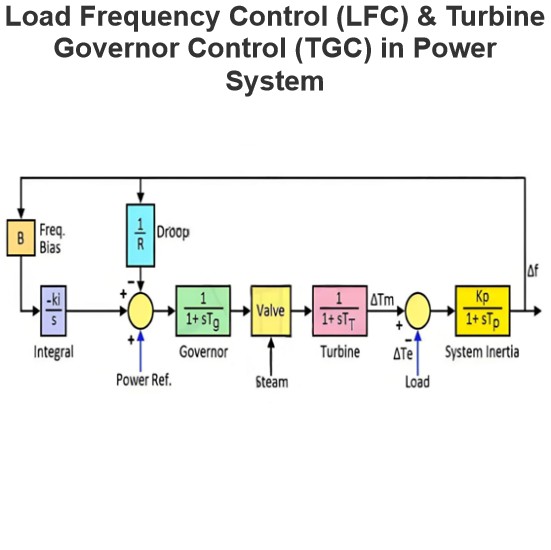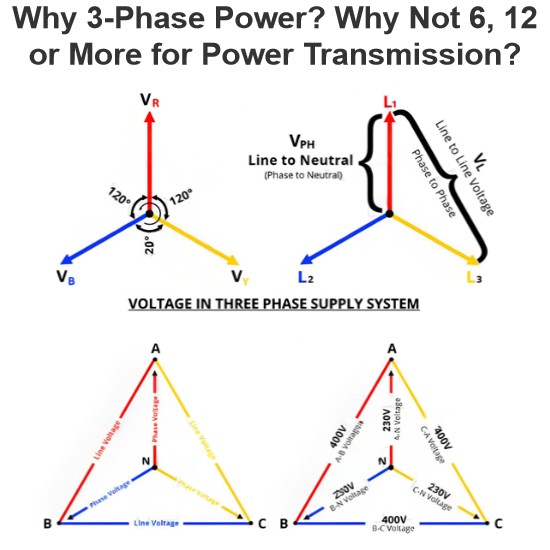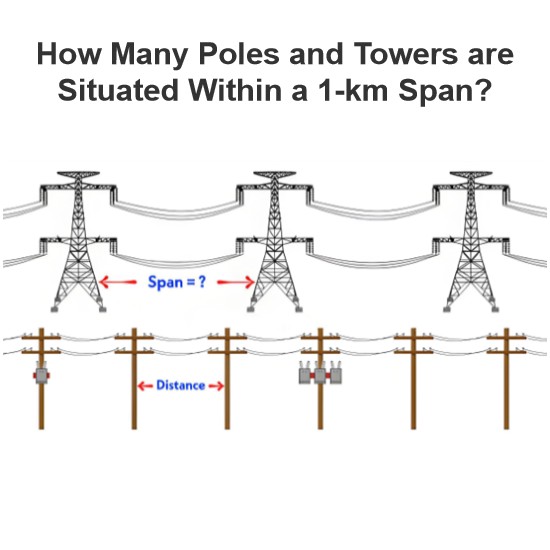What is the difference between voltage and potential energy in physics?
In physics, voltage and potential energy have the following differences:
I. Concept
Voltage
Voltage, also known as potential difference or potential difference, is a physical quantity that measures the difference in energy produced by a unit charge in an electrostatic field due to the difference in electric potential.
For example, in a simple circuit, there is voltage at both ends of the battery, which causes charge to flow in the circuit. If you move a unit of positive charge from one point to another, the voltage is the energy gained or lost per unit charge between the two points.
Potential Energy
Potential energy is the energy stored in a system, or energy that is determined by the relative positions of objects.
For example, a weight lifted high has gravitational potential energy, and its magnitude depends on the weight's mass, height, and gravitational acceleration. As the weight falls, gravitational potential energy is gradually converted into kinetic energy.
Second, the nature and characteristics
Voltage characteristics
Relativity: The voltage is relative and its magnitude depends on the selected reference point. For example, in a circuit, you can choose any point as a reference point, and the voltage at other points is the potential difference with respect to this reference point.
Related to charge movement: Voltage is a physical quantity that describes the ability of an electric field to do work on an electric charge. When there is voltage, the charge will move from the high potential point to the low potential point under the action of the electric field force, so as to achieve the conversion of energy.
Unit: In the International System of Units, voltage is measured in volts (V).
Characteristics of potential energy
Various forms: Potential energy can have various forms, such as gravitational potential energy, elastic potential energy, electric potential energy, etc. The different forms of potential energy depend on different physical systems and interactions.
Conservative: Potential energy is a type of energy in a conservative force field, in which the change of potential energy when an object moves from one position to another is only related to the beginning and end positions, not the path.
Unit: The unit of potential energy depends on the specific form of potential energy. For example, gravitational potential energy is measured in joules (J), the same unit as energy.
3. Application fields
Voltage application
Circuit analysis: In the circuit, voltage is an important basis for analyzing current flow, resistance, power and other parameters. By measuring and calculating the voltage between different points, the direction and size of the current in the circuit and the working state of the circuit components can be determined.
Power transmission: In the power system, high voltage can achieve long-distance, low-loss power transmission. By raising the voltage through the transformer, the current can be reduced, thereby reducing the power loss on the line.
Electronic devices: Various electronic devices, such as mobile phones, computers, televisions, etc., require specific voltages to work. Different electronic components and circuit modules have different requirements for voltage and need to provide stable voltage through a power management system.
Application of potential energy
Mechanical engineering: In mechanical systems, the conversion of gravitational potential energy and elastic potential energy is widely used in various mechanical devices. For example, spring shock absorbers use the elastic potential energy of springs to absorb and release energy and reduce vibration; A hydroelectric power station uses the gravitational potential energy of water to convert it into electricity.
Astrophysics: In astrophysics, the concept of potential energy is used to study the motion and interaction of celestial bodies. For example, the motion of a planet around the sun can be seen as an interconversion of gravitational potential and kinetic energy.
Energy storage: Potential energy can be used as a form of energy storage. For example, pumped storage power plants use the gravitational potential energy of water to store energy, release the water when needed, and generate electricity through a turbine.
The Electricity Encyclopedia is dedicated to accelerating the dissemination and application of electricity knowledge and adding impetus to the development and innovation of the electricity industry.













